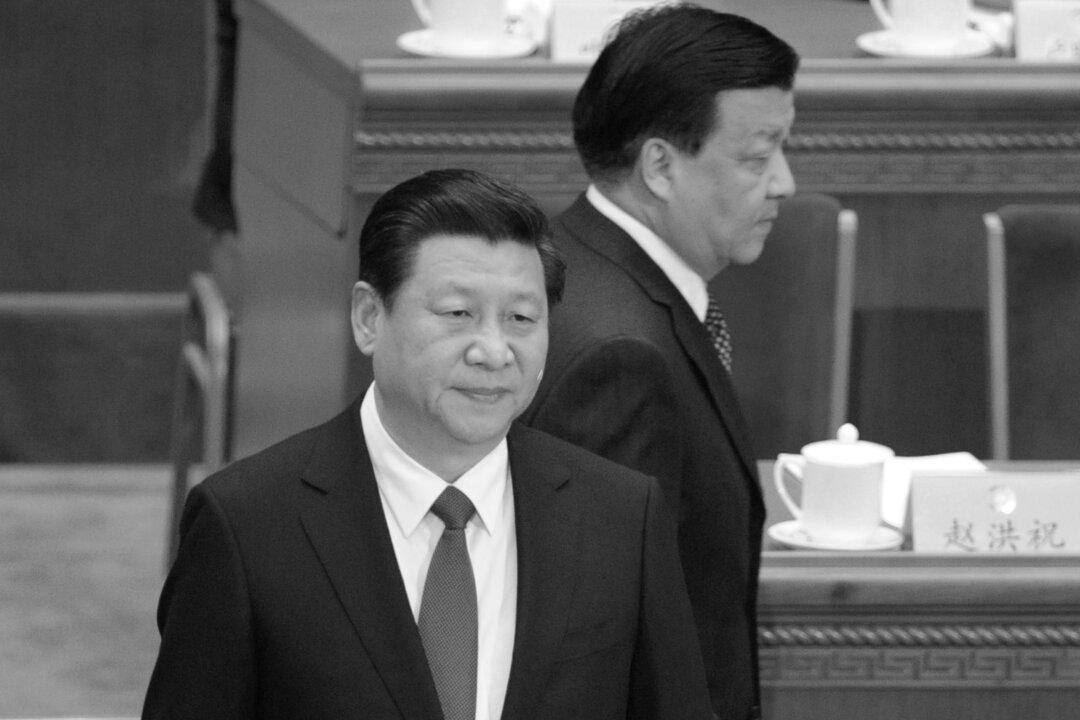For third straight year, the seven most powerful officials in China have disclosed their personal assets, with most showing decreases. However, since the figures were not released by any Chinese regime agency or state-run media, the disclosures are likely meant as a political ploy against communist official Liu Yunshan, whose assets increased.
Take these claims with as large a grain of salt as you like—they come from The Trend, a Hong Kong magazine which regularly purveys political rumors from the mainland. It seems that, often enough, the publication is used by people in the Xi Jinping administration, when they want to leak news or get a message out to the world. Thus, while it’s rarely possible, though, the material is indicative of which way the political winds are blowing, even when the details can’t be relied upon.
Its new edition reports on the supposed savings and properties of the seven most powerful men in China—members of the Standing Committee of the Central Politburo, which directs the Chinese Communist Party. The Trend doesn’t say how it got access to such highly secret information, of course—but readers willing to indulge in credulity for a moment can read on.





